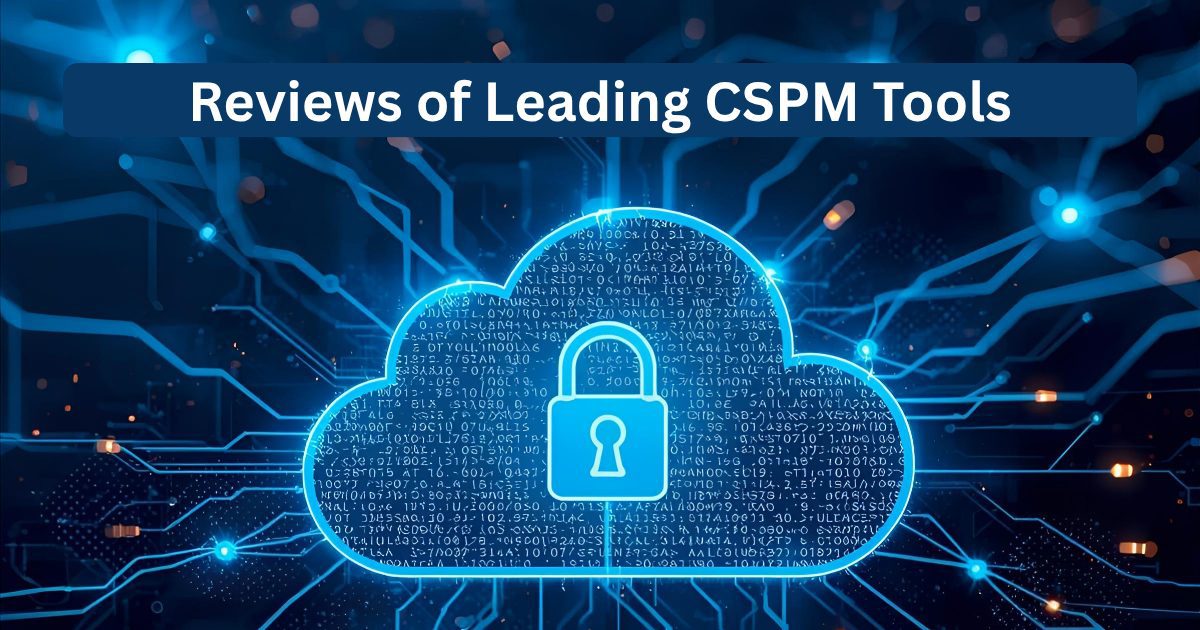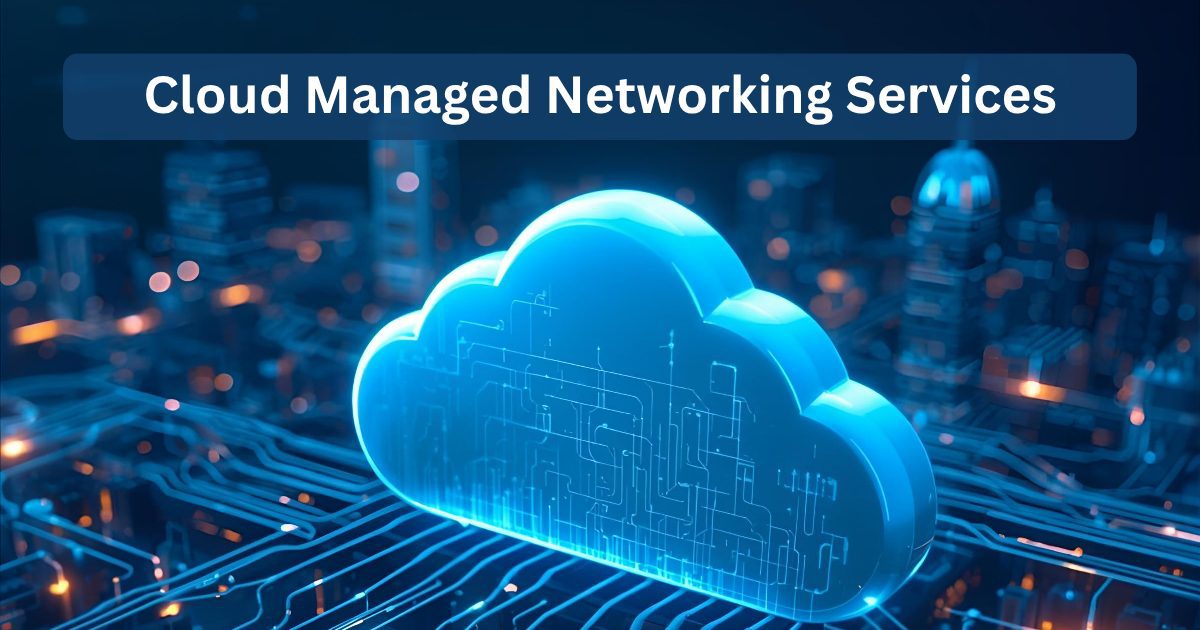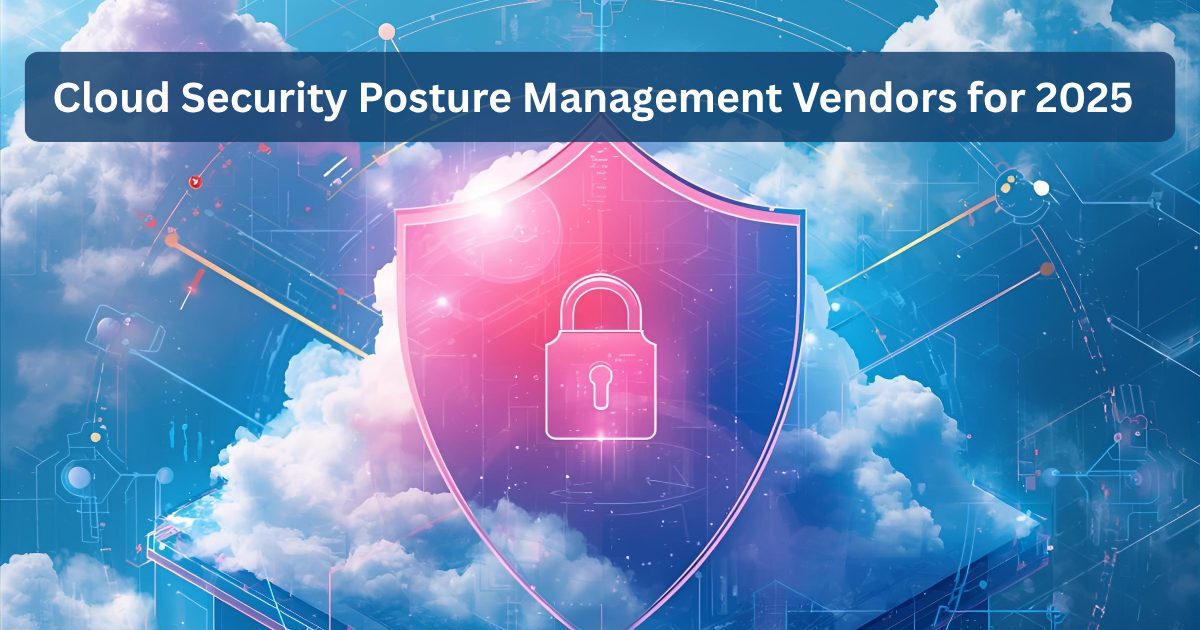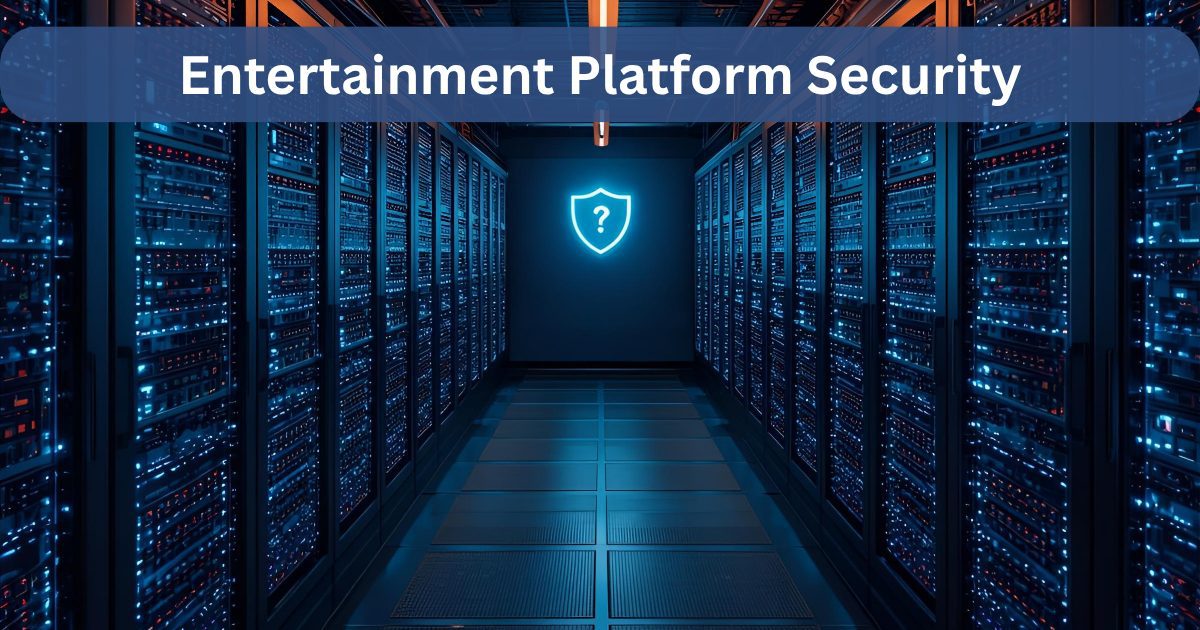In today’s increasingly connected world, securing endpoints across a diverse range of devices is critical for businesses of all sizes. Kaspersky Endpoint Security Cloud offers an effective solution for managing security from a centralized cloud platform. But what exactly can you manage with this solution?
From laptops and mobile devices to cloud workloads and virtual machines, Kaspersky Endpoint Security Cloud provides comprehensive protection for your endpoints in the cloud. This blog explores which products can be managed with Kaspersky Endpoint Security Cloud, the benefits it offers, and how integrating this with Cytas.io can elevate your organization’s overall cloud security.
What is Kaspersky Endpoint Security Cloud?
Kaspersky Endpoint Security Cloud is a cloud-based cybersecurity platform that helps businesses secure their endpoints—devices like laptops, desktops, mobile phones, and even virtual machines. The solution is designed for businesses that need to manage endpoint security remotely, offering a streamlined and scalable approach without the need for on-premise infrastructure.
At its core, Kaspersky Endpoint Security Cloud provides protection against a variety of cyber threats, including malware, ransomware, and phishing attacks. It does this by monitoring the security of all devices connected to your network and responding in real time. This solution is ideal for businesses embracing hybrid cloud security and companies that need to comply with stringent cloud compliance standards.
Key Features of Kaspersky Endpoint Security Cloud:
- Cloud-Based Management: Centralized control for managing endpoint security across all devices.
- Real-Time Threat Detection: Identifies and blocks emerging threats as they happen.
- Scalability: Easily adapts to businesses of any size, growing with your needs.
Products You Can Manage with Kaspersky Endpoint Security Cloud
1. Endpoint Protection for PCs, Laptops, and Servers
The most common use case for Kaspersky Endpoint Security Cloud is securing physical devices, such as desktops, laptops, and servers. These endpoints are the primary targets for many cyberattacks, making it crucial to deploy robust security solutions that can prevent malware, ransomware, and data breaches.
With Kaspersky, you can manage the security of all endpoints from a single, user-friendly cloud dashboard. Whether your devices are running Windows, macOS, or Linux, Kaspersky ensures real-time protection and minimal impact on device performance.
Key Benefits:
- Centralized Endpoint Management: You can monitor and adjust security settings for all endpoints from one platform, making it easier to enforce security policies across the organization.
- Comprehensive Malware Protection: Blocks known and unknown threats, including viruses, ransomware, and spyware.
- Minimal Performance Impact: Kaspersky is designed to protect devices without slowing down productivity.
2. Mobile Device Security
As mobile devices become increasingly integral to business operations, it’s essential to secure smartphones and tablets. Kaspersky Endpoint Security Cloud provides robust mobile security for both Android and iOS devices. This ensures your employees’ mobile devices—whether company-owned or BYOD (bring your own device)—remain protected against malicious apps, data leaks, and potential threats from unsecured networks.
In addition, you can enforce security policies such as remote device wiping in case of theft or loss, further securing sensitive data.
Key Benefits:
- Mobile Threat Protection: Protects against malware, phishing, and other mobile-specific threats.
- App Control: Allows you to block risky apps from being installed on managed devices.
- Remote Management: Configure mobile security settings remotely, ensuring consistent security across devices, even when users are off-site.
3. Cloud Workloads and Virtual Machines
With the rise of cloud infrastructure and virtualization, businesses need to secure not just physical endpoints but also virtual machines (VMs) and cloud-based workloads. Kaspersky Endpoint Security Cloud extends its protection to cloud workloads, helping businesses defend their virtual environments and ensuring that cloud-based assets are just as secure as on-premise devices.
This is particularly important for businesses that rely on hybrid cloud security or use multiple cloud providers. Kaspersky ensures that no matter where your virtual workloads are hosted—whether on a public or private cloud—they remain secure.
Key Benefits:
- Cross-Cloud Protection: Secures both private and public cloud environments.
- Efficient Scalability: Easily scales to secure additional cloud workloads as your business grows.
- Cloud Compliance: Helps ensure your cloud infrastructure meets industry regulations and standards.
4. Email Security
Email is one of the most common vectors for cyberattacks, with phishing and malware-laden attachments being delivered to employees every day. Kaspersky Endpoint Security Cloud provides advanced email security that detects and blocks phishing emails, malicious attachments, and spam, preventing these threats from reaching your inboxes.
This feature is especially important for businesses that rely heavily on email for communication and collaboration. It’s critical to prevent cybercriminals from infiltrating your organization through the most popular attack channel.
Key Benefits:
- Advanced Phishing Protection: Blocks phishing emails and suspicious attachments before they reach employees.
- Malware Detection: Scans all incoming emails for malware and quarantines suspicious content.
- Spam Filtering: Reduces the risk of spam and other unwanted emails that could be used for social engineering attacks.
5. Web and Network Security
The internet is an open gateway to numerous cyber threats, including malicious websites, ransomware, and botnets. Kaspersky Endpoint Security Cloud includes web and network security features that prevent users from accessing malicious websites and ensures your organization’s network remains protected from outside threats.
By filtering web traffic and monitoring network activity, Kaspersky helps identify and block threats before they can cause significant damage, preventing data breaches and network infections.
Key Benefits:
- URL Filtering: Blocks access to known malicious websites, reducing the risk of web-based attacks.
- Network Traffic Monitoring: Continuously monitors traffic for suspicious activity.
- Safe Browsing: Ensures that employees are only visiting safe and verified websites, protecting them from drive-by downloads and other web-based threats.
Integrating CYTAS with Kaspersky Endpoint Security Cloud
While Kaspersky Endpoint Security Cloud provides a strong foundation for endpoint security, combining it with CYTAS‘ cloud security tools can enhance your organization’s overall protection. CYTAS specializes in cloud security features like risk management, compliance, and continuous monitoring, which complement Kaspersky’s offerings.
By integrating CYTAS’ hybrid cloud security capabilities with Kaspersky’s endpoint protection, businesses can gain enhanced visibility into their security posture, making it easier to detect vulnerabilities and threats across their entire environment. This combination ensures that your organization stays secure no matter where your data resides.
Benefits of Using CYTAS and Kaspersky Together:
- Increased Visibility: CYTAS provides deeper insights into your cloud infrastructure, while Kaspersky secures your endpoints. Together, they offer a 360-degree view of your security.
- Comprehensive Risk Management: CYTAS’ risk management tools complement Kaspersky’s real-time threat protection, ensuring that all risks are identified and mitigated.
- Streamlined Compliance: Both platforms help ensure your organization stays compliant with industry regulations such as GDPR, HIPAA, and SOC 2.
Potential Risks and How to Mitigate Them
1. Managing Large-Scale Endpoint Security
As the number of endpoints increases, managing them all efficiently can become a challenge. Businesses may struggle with inconsistent security configurations across different devices.
Mitigation: Kaspersky Endpoint Security Cloud’s centralized management platform helps overcome this issue by providing a single interface to monitor and manage all endpoints. This ensures consistent security settings and reduces the risk of overlooked devices.
2. Cloud-Specific Vulnerabilities
As more businesses migrate to the cloud, new attack vectors emerge, including unsecured APIs and misconfigurations. These vulnerabilities can leave cloud resources exposed.
Mitigation: Leverage CYTAS’ Cloud Security Posture Management (CSPM) tools to continuously monitor your cloud infrastructure and prevent misconfigurations. Coupling this with Kaspersky’s protection for cloud workloads ensures a more robust defense against cloud-specific threats.
3. Lack of Endpoint Visibility
In large organizations, gaining full visibility into endpoint security can be difficult. Missing out on devices or overlooked vulnerabilities can lead to security breaches.
Mitigation: Both Kaspersky and CYTAS offer visibility tools that track device status and provide detailed security reports, helping businesses stay on top of their endpoint protection.
Conclusion
Kaspersky Endpoint Security Cloud offers a comprehensive solution for managing endpoint protection, securing everything from laptops and desktops to mobile devices and cloud workloads. By integrating CYTAS cloud security tools, businesses can take their security strategy to the next level, gaining greater visibility and control over their cloud infrastructure and ensuring compliance with industry standards.
By managing both endpoint and cloud security from a unified platform, businesses can reduce complexity, improve threat detection, and build a more secure environment overall.
For businesses looking to enhance their security posture, integrating Kaspersky Endpoint Security Cloud with CYTAS offers a powerful combination of protection, visibility, and compliance.
FAQs
1. What types of devices are covered by Kaspersky Endpoint Security Cloud?
Kaspersky Endpoint Security Cloud protects a variety of devices, including desktops, laptops, mobile phones (Android and iOS), and cloud workloads, providing full coverage across your entire endpoint ecosystem.
2. How does Kaspersky Endpoint Security Cloud help with cloud security?
Kaspersky Endpoint Security Cloud secures cloud-based workloads by protecting virtual machines and ensuring compliance with industry security standards, making it an essential tool for hybrid and multi-cloud environments.
3. Can I manage my endpoints remotely with Kaspersky Endpoint Security Cloud?
Yes, Kaspersky Endpoint Security Cloud allows for remote management of all endpoints through a centralized cloud dashboard, streamlining the process of monitoring and configuring device security.
4. How does CYTAS enhance Kaspersky Endpoint Security Cloud’s capabilities?
CYTAS complements Kaspersky by providing additional layers of cloud security, including risk management, compliance monitoring, and continuous threat detection, helping businesses manage both endpoint and cloud security seamlessly.




